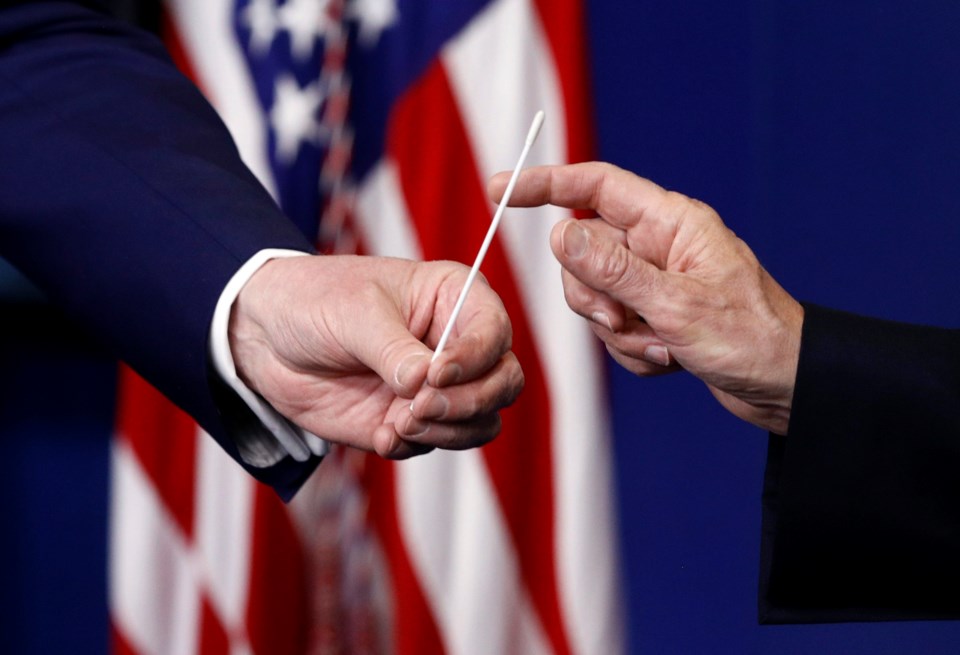Thousands of scientists around the world are working on problems raised by the COVID-19 pandemic. Here is a summary of some recent research from peer-reviewed academic journals and scientific agencies:
---
It's OK to cry, says the American Institute of Ophthalmology. Researchers have tested whether COVID-19 can be transmitted via tears by comparing the results of a nasal swab with tear samples in 17 coronavirus patients. The scientists looked at a total of 64 samples from the patients obtained over the first, second and third week of initial symptoms. Even though most of the patients developed symptoms of COVID-19, none of the tear samples showed the presence of the novel coronavirus.
---
Death rates from COVID-19 may be influenced by a country's demographic makeup, says a paper in the Proceedings of the National Academy of Sciences. Previous studies have already established that older people are more at risk from the infection. These authors noted different countries have significantly different age distributions. Italy, which is suffering badly from COVID-19, has one of the oldest populations in the world with nearly one-quarter of its people over 65. Brazil, where two per cent of the population is 80 or older, is expected to have more than three times the number of fatalities as Nigeria, where only 0.2 per cent of the population is that old. The paper suggest that disease mitigation policies, such as social distancing, should consider the age distribution within a population.
---
A paper in the New England Journal of Medicine looks at the risk of COVID-19 infection from drops and aerosols emitted during everyday speech. It found that hundreds of tiny droplets were detected on a screen 75 millimetres away as test subjects pronounced the phrase "stay healthy." The louder the subject spoke, the more droplets were emitted. A damp washcloth over the subject's mouth reduced the droplets to background level. The study does not consider what percentage of COVID-19 transmission could be linked to those droplets.
---
The Journal of the American Medical Association warns that COVID-19 presents risks other than direct infection to the elderly. It warns old people's health is often easily affected by loneliness or isolation, as may be experienced during restrictions to slow the spread of the coronavirus. They are also sensitive to changes in diet, routine and stimulation from the outside world. All of these risks are increased when supports are reduced. While the journal concludes that telemedicine can help ease those problems, it urges doctors remain alert for such concerns in seniors.
---
Australian doctors are being advised by the Australian Journal of General Practice not to prescribe hydroxychloroquine to patients for COVID-19. The journal says there is little evidence to suggest the antimalarial drug is effective against the novel coronavirus and the one study in its favour is considered scientifically weak. The journal notes the drug can have dangerous side effects, and that prescribing it for COVID-19 could reduce its availability for those who do depend on it fpr other medical issues.
---
In non-peer-reviewed research, New York's Albert Einstein College of Medicine suggests that men take longer to recover from COVID-19 than women. It found that in 68 subjects, women were clear of the virus two days earlier than men. The pattern held in families that had both male and female patients. Researchers theorize the difference may stem from cells in male testicular glands having many more receptors for the virus than ovarian cells.
---
This report by The Canadian Press was first published April 20, 2020
Bob Weber, The Canadian Press



